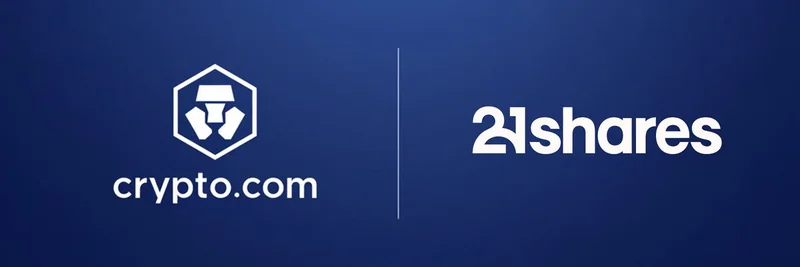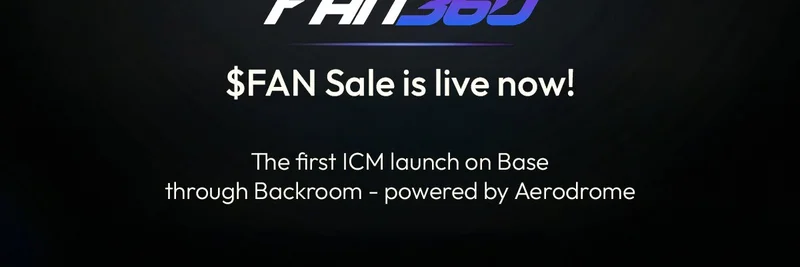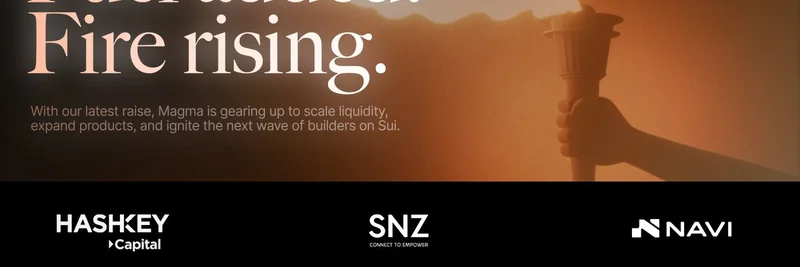In the fast-paced world of Solana's DeFi scene, where meme tokens and utility projects alike vie for liquidity and stability, Step Finance is making moves to strengthen its native $STEP token. As a portfolio dashboard and analytics tool on Solana, Step Finance powers tools like Remora Markets and SolanaFloor, with $STEP serving as its governance and utility token. Recently, the team announced plans to ramp up Protocol Owned Liquidity (POL) and other strategies to make trading $STEP smoother and more efficient.
The Key Announcement from Step Finance
On August 13, 2025, Step Finance shared an update via X (formerly Twitter), signaling a proactive approach to liquidity management. The post highlighted ongoing efforts to "boost Protocol Owned Liquidity (POL) for $STEP, along with some other strategies to increase token liquidity and improve trading experience across other venues." This comes on the heels of a buyback alert from their automated notifier, Step Buyback Alerts.
You can check out the original thread on X for the full details.
Breaking Down the Recent Buyback
The quoted alert detailed a specific transaction where protocol revenue—amounting to 82.76 stepSOL—was used to buy back 136,904.25 $STEP tokens, valued at around $18,754.28 USD. This buyback wasn't just a one-off; the tokens were then staked into Protocol Owned Liquidity via Raydium's stepSOL-STEP Concentrated Liquidity Market Maker (CLMM) pool.
For those new to these terms, a buyback involves the project using its earnings to repurchase its own tokens from the market, which can help reduce supply and potentially support the price. Raydium is a popular automated market maker (AMM) on Solana, and CLMM pools allow for more efficient liquidity provision by concentrating funds in specific price ranges. The transaction is verifiable on Solscan, Solana's blockchain explorer.
What is Protocol Owned Liquidity (POL)?
Protocol Owned Liquidity is a strategy where the project itself controls a portion of the liquidity pool for its token, rather than relying solely on external liquidity providers who might withdraw funds at any time. This approach, popularized in DeFi protocols, helps stabilize prices, reduces impermanent loss risks for the protocol, and ensures deeper liquidity for traders. For $STEP, building POL means better trading conditions, fewer slippage issues during buys or sells, and a more resilient token economy—key factors in the volatile world of blockchain tokens, including memes.
By owning its liquidity, Step Finance can align incentives better, using protocol fees to continually reinforce the pool. This is especially relevant on Solana, home to explosive meme token launches, where liquidity can make or break a project's longevity.
Community Reactions and Future Outlook
The announcement drew positive feedback from the community, with one user replying, "@STEP on POL for $STEP, love this more liquidity, smoother trades across venues." It's clear that holders appreciate these steps toward maturity, as they address common pain points in token trading.
Looking ahead, Step Finance's multi-month initiative could set a precedent for other Solana projects, including meme tokens, to adopt similar tokenomics. Enhanced liquidity not only benefits day traders but also long-term holders by fostering a healthier ecosystem. If you're involved in Solana DeFi or eyeing $STEP, keep an eye on their updates—this could be a game-changer for accessibility and growth.
Stay tuned to Meme Insider for more insights into Solana's evolving landscape, from meme crazes to serious DeFi innovations.



